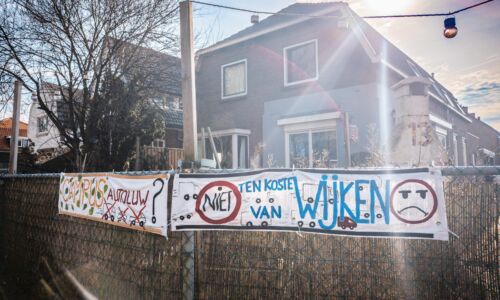In a Nutshell, ep. 15: On Palestine, pt. 1: Navigating Settler Colonialism with Noura
This month, In a Nutshell presents something different: a two-part series focussing on the subject of Palestine. We offer the microphone to researchers who tell us about their perspectives and knowledge on the topic in its broadest sense. This week’s guest, Noura, will look at Palestine through a settler colonial lens.
What is settler colonialism? How does it work? And how does it affect Palestinians today? Noura will navigate us through these questions and share her academic, as well as her personal insights with us. Seeing that this is a big topic, we provide explanations for some key terms below.
Follow us!
Interested listeners can follow In a Nutshell on Spotify, Amazon Music, PocketCasts and AntennaPod (App).
Noura is an Assistant professor of Human Geography at the Department of Geography, Planning and Environment. Settler colonialism in Palestine is one of her fields of expertise.
Do you want to know more about settler colonialism in Palestine? Follow Noura’s tip and read The Hundred Years’ War on Palestine by Rashid Khalidi.
Key terms:
Intifada: Intifada is an Arabic word that means ‘shaking off’. In the Palestinian context, it stands for civil uprising against the Israeli oppression and occupation of the West Bank and Gaza Strip. The first Intifada happened in the 1980s and the second Intifada in the early 2000s.
Zionism: Zionism is a political ideology and movement originally for the establishment of an exclusive Jewish national state in Palestine. Zionism argues that the only solution to anti-Semitism is the establishment of an independent nation-state for Jewish people through the strengthening and enlargement of the state of Israel.



